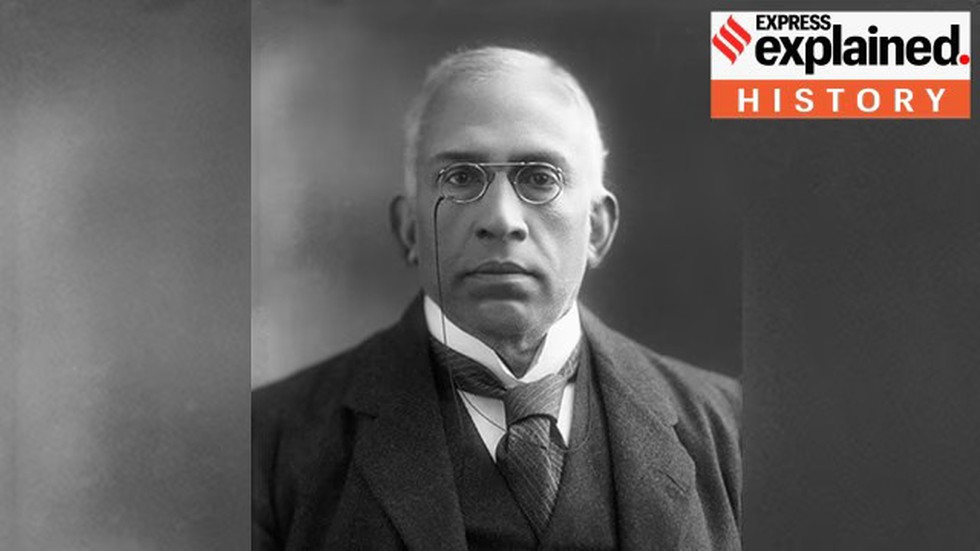About Sir Sankaran Nair
- Sir Chettur Sankaran Nair was born in 1857 in an aristocratic family from Mankara village, located in Malabar’s Palakkad district (present-day Kerala).
- Nair graduated from Presidency College, Madras, and began his legal career under Sir Horatio Shepherd, who later became Chief Justice of the Madras High Court.
Key Positions and Recognitions
- In 1897, Nair became the youngest President of the Indian National Congress (INC) — and remains the only Malayali to have ever held that post.
- He was appointed to the Raleigh University Commission by Lord Curzon in 1902.
- Honored as Companion of the Indian Empire in 1904 and knighted in 1912 for his service.
- In 1908, he became a permanent judge in the Madras High Court, where he was known for progressive and reform-oriented judgments.
- In 1915, he joined the Viceroy’s Executive Council, overseeing the education portfolio.
Role in the Freedom Movement
- Nair was a strong nationalist who firmly advocated for India’s right to self-rule.
- In 1919, he contributed significantly to the Montagu-Chelmsford Reforms, which introduced dyarchy in provinces and increased Indian participation in administration.
- Following the Jallianwala Bagh massacre on April 13, 1919, he resigned from the Viceroy’s Council in protest — a bold move that shook the British government.
- His resignation triggered changes, including the lifting of press censorship in Punjab, the termination of martial law, and the formation of the Hunter Commission to investigate the massacre.
The Historic Defamation Trial Against Michael O’Dwyer
- In his book, Nair accused Michael O’Dwyer, then Lieutenant Governor of Punjab, of being directly responsible for the Jallianwala Bagh massacre due to his repressive policies.
- O’Dwyer filed a defamation case against Nair in an English court in 1922, expecting support from the British legal system.
- The trial lasted five and a half weeks and was the longest-running civil trial in Britain.
- The 12-member English jury, presided over by Justice Henry McCardie, mostly sided with O’Dwyer (11–1 majority), with only Harold Laski, a Marxist theorist, dissenting.
- Although Nair lost, the trial exposed the deep bias in the British legal system and galvanised nationalist sentiments in India.
